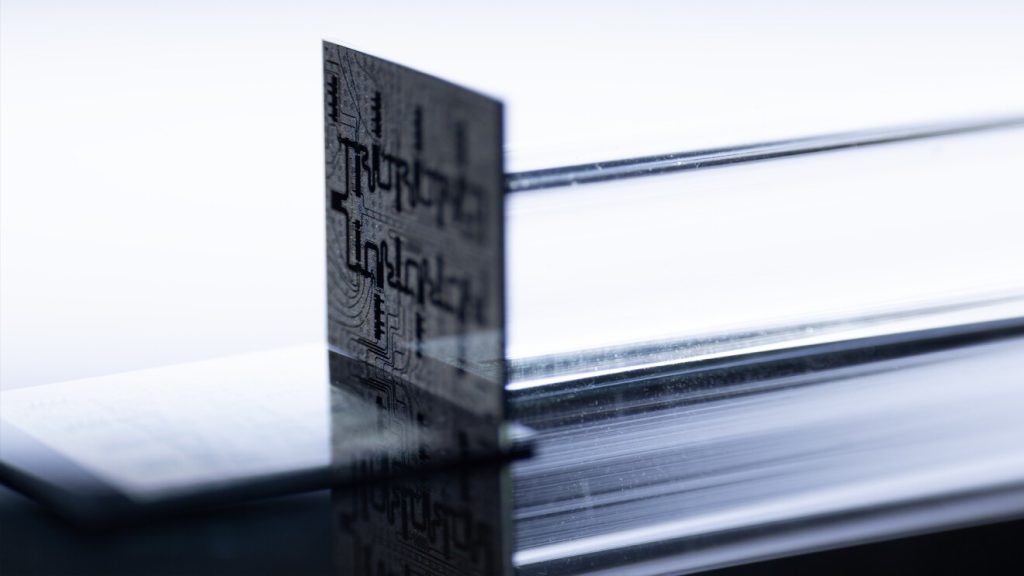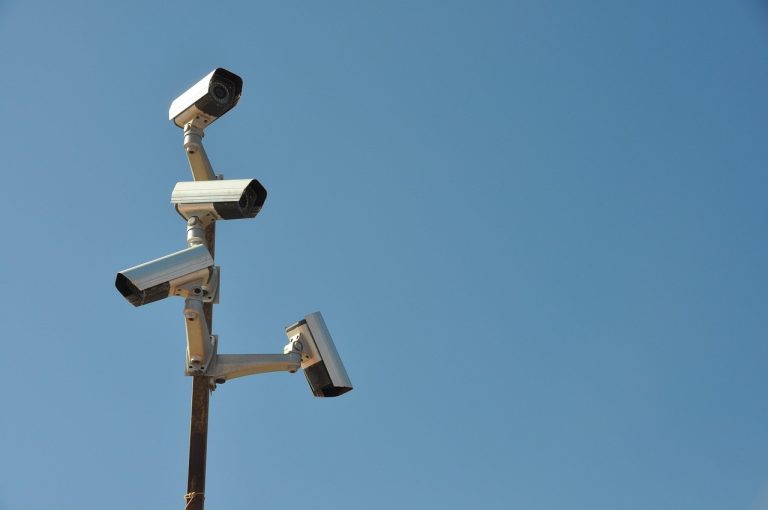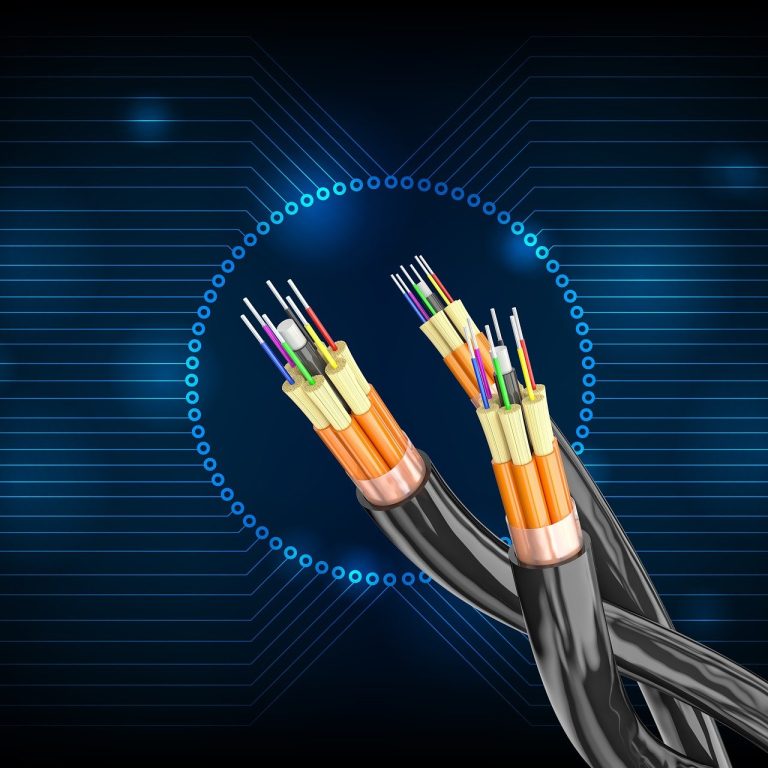
Amazon Web Services (AWS) has announced the development of a groundbreaking quantum chip, Ocelot, which promises to reduce the cost of quantum error correction by up to 90% compared to existing methods. Engineered at the AWS Center for Quantum Computing at the California Institute of Technology, this innovation represents a significant leap toward the realization of fault-tolerant quantum computers—systems capable of solving complex problems beyond the reach of classical computing.
Ocelot leverages “cat qubits,” named after Schrödinger’s famous thought experiment. These specialized qubits possess intrinsic error suppression properties, dramatically reducing the computational overhead required for quantum error correction. AWS has successfully integrated cat qubits with traditional error-correction techniques on a single microchip, scalable through conventional microelectronic manufacturing processes.
The history of computing underscores that transformative breakthroughs often stem from fundamental hardware revolutions. The transition from vacuum tubes to transistors in the mid-20th century paved the way for miniaturized, more powerful, and accessible computers. Similarly, selecting the optimal building block for scalable quantum computing is paramount. Oscar Painter, Director of Quantum Hardware at AWS, emphasized that the Ocelot technology could cut quantum computing costs fivefold while accelerating the arrival of practical quantum machines by approximately five years.
AWS’s research findings have been published in Nature and are also available in a technical report on Amazon Science.
Quantum computers are exceedingly sensitive to external disturbances—including vibrations, electromagnetic interference, cosmic radiation, and minute temperature fluctuations—which can induce computational errors. The challenge of building reliable quantum systems has traditionally been addressed through quantum error correction (QEC), where information is redundantly encoded across multiple qubits to create so-called “logical qubits.” However, this approach demands an enormous number of physical qubits, making it prohibitively expensive.
AWS has adopted a fundamentally different strategy for quantum error correction. Rather than applying corrective mechanisms at later development stages, Ocelot has been designed with built-in error suppression from the outset. According to Painter, this novel architecture reduces the computational resources needed to construct large-scale quantum systems by a factor of ten. The integration of cat qubits minimizes the need for continuous error-checking and correction, akin to a manufacturing process where a single, centralized inspection station detects defects, eliminating the necessity for multiple quality control steps. This approach paves the way for more compact, robust, and cost-effective quantum computers, accelerating their real-world deployment.
Despite its promising potential, Ocelot remains a prototype. AWS continues to invest in research and technological refinement, with aspirations to replicate the success of its Graviton processors, which have emerged as market leaders in cloud computing. For researchers and developers eager to explore quantum computing, AWS offers the Amazon Braket platform, providing access to various quantum processors, simulators, and algorithm modeling tools.


